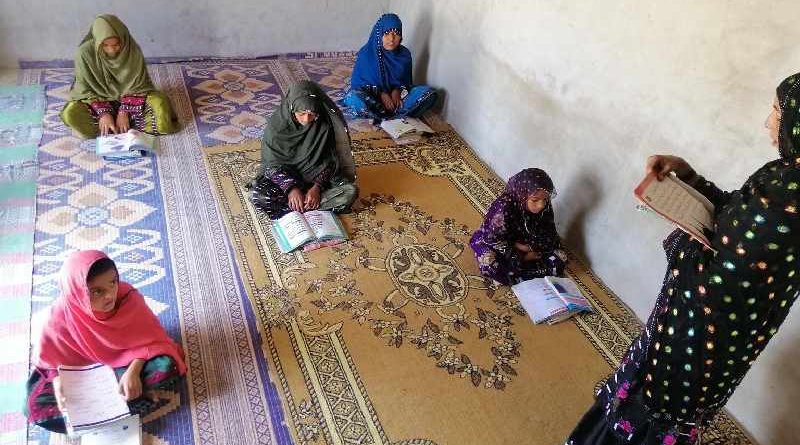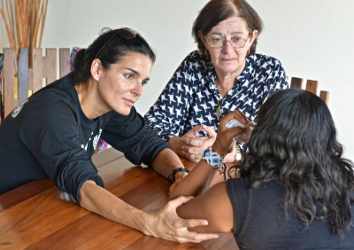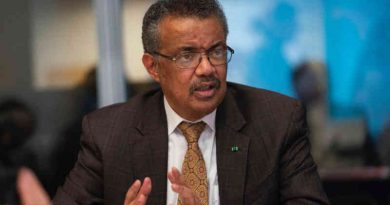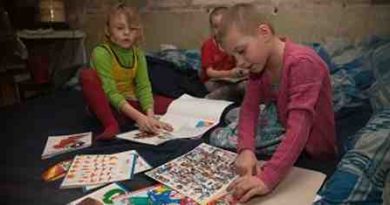UNICEF Offers Advice for the Safe Reopening of Schools
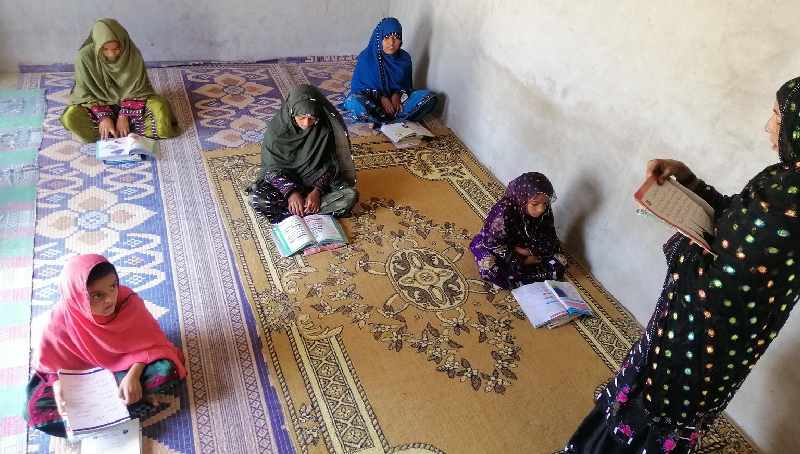
At least a third of the world’s schoolchildren – 463 million children globally – were unable to access remote learning when Covid-19 shuttered their schools, according to a new UNICEF report released on August 27, as countries across the world grapple with their ‘back-to-school’ plans.
“For at least 463 million children whose schools closed due to Covid-19, there was no such a thing as remote learning,” said Henrietta Fore, UNICEF Executive Director. “The sheer number of children whose education was completely disrupted for months on end is a global education emergency. The repercussions could be felt in economies and societies for decades to come.”
At the height of nationwide and local lockdowns, around 1.5 billion schoolchildren were affected by school closures. The report outlines the limitations of remote learning and exposes deep inequalities in access.
The report uses a globally representative analysis on the availability of home-based technology and tools needed for remote learning among pre-primary, primary, lower-secondary, and upper-secondary schoolchildren, with data from 100 countries. Data include access to television, radio and internet, and the availability of curriculum delivered across these platforms during school closures.
| Download All Issues of Covid Health Bulletin | ||
| April 16-30, 2020 | May 1-15, 2020 | May 16-31, 2020 |
| June 1-15, 2020 | June 16-30, 2020 | July 1-15, 2020 |
| July 16-31, 2020 | August 1-15, 2020 | August 16-31, 2020 |
Although the numbers in the report present a concerning picture on the lack of remote learning during school closures, UNICEF warns the situation is likely far worse. Even when children have the technology and tools at home, they may not be able to learn remotely through those platforms due to competing factors in the home including pressure to do chores, being forced to work, a poor environment for learning and lack of support in using the online or broadcast curriculum.
The report also notes varying rates of access across age groups, with the youngest students most likely to miss out on remote learning during their most critical years of learning and development.
UNICEF urges governments to prioritize the safe re-opening of schools when they begin easing lockdown restrictions. When reopening is not possible, UNICEF urges governments to incorporate compensatory learning for lost instructional time into school continuity and reopening plans.
School opening policies and practices must include expanding access to education, including remote learning, especially for marginalized groups. Education systems must also be adapted and built to withstand future crises.
UNICEF’s Framework for Reopening Schools, issued jointly with UNESCO, UNHCR, WFP, and the World Bank, offers practical advice for national and local authorities. The guidelines focus on policy reform; financing requirements; safe operations; compensatory learning; wellness and protection, and reaching the most marginalized children.
As part of its Reimagine campaign that aims to prevent the Covid-19 pandemic from aggravating a lasting crisis for children, especially the poorest and most vulnerable, UNICEF is calling for urgent investment to bridge the digital divide, reach every child with remote learning, and, most critically, prioritize the safe reopening of schools.
💛 Support Independent Journalism
If you find RMN News useful, please consider supporting us.

